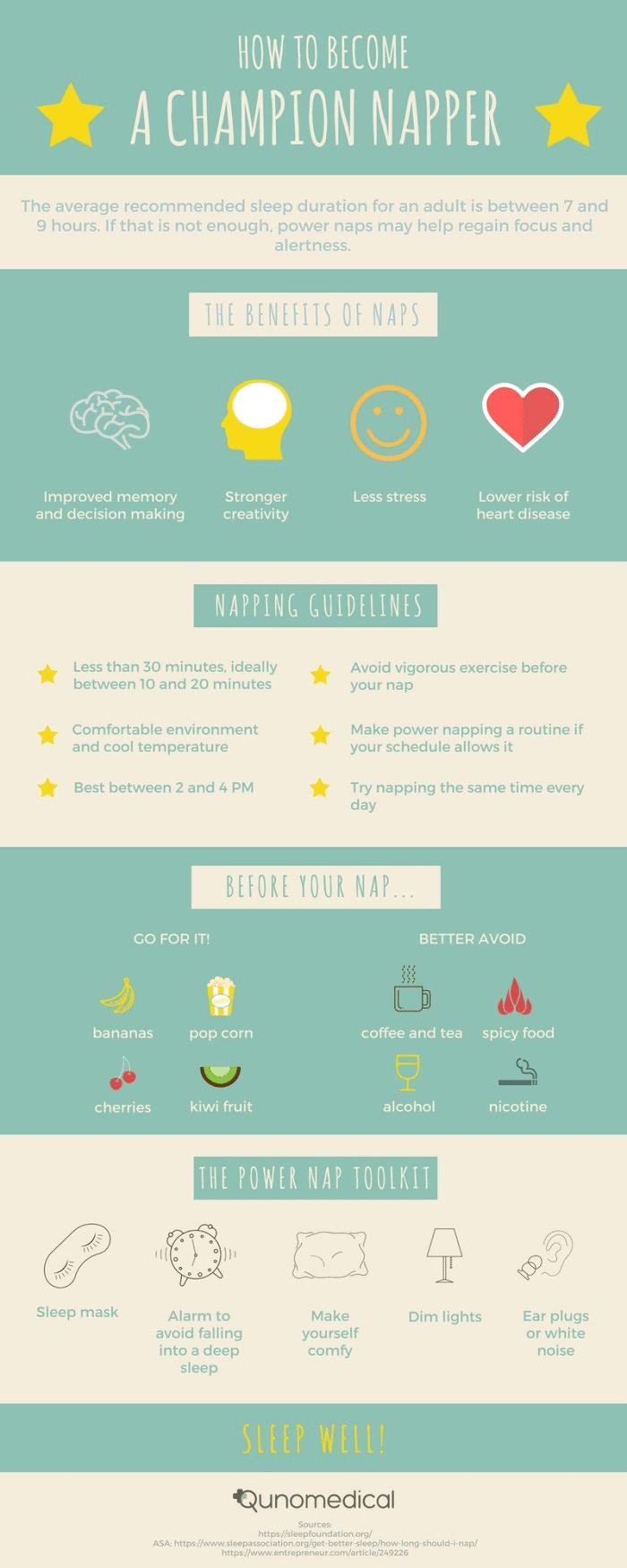World Sleep Day: Why Sleep Matters
Why have a World Sleep Day?
Organized by the World Sleep Day Committee of the World Association of Sleep Medicine (WASM), World Sleep Day occurs every year on the third Friday in March. The goal is to raise awareness about the importance of sleep and the global need to tackle sleep disorders.
With slogans like “Sleep Soundly, Nurture Life”, and "'Join the Sleep World, Preserve Your Rhythms to Enjoy Life", World Sleep Day puts a spotlight on the importance of sleep for our overall health and well-being and stands as a call to action for important issues related to sleep, including sleep disorders.
We would like to take this opportunity to answer a few questions about the importance of sleep.
Why Do We Sleep?

As of today, scientists do not know for sure and research is ongoing. What many studies have shown is that sleep is a core function to the overall health and well-being of our bodies. As a matter of fact, while we may think that when we sleep our body and mind shut down, there is actually a lot of activity going on in our brain. While the reason why our body are programmed for such a long period of sleep is still a mystery, research identified some critical functions happening to our body when we sleep.
During the day, our brain takes in a great amount of information. It seems that sleep helps process and store relevant information and move it from our short-term to our long-term memory. Unimportant information is filtered and pruned. Other health functions include restoring and rejuvenating our body, repairing tissues, and synthesizing hormones.
Sound sleep, a balanced diet, and regular exercise are the three pillars of good health. Individuals who get a good night’s sleep without interruptions have lower rates of high blood pressure, obesity, and diabetes.
What is a sleep disorder?
A sleep disorder is a medical disorder of sleep patterns. There are close to 100 different types of sleep disorders, ranging from snoring to sleep apnea and insomnia. A sleep disorder may interfere with the quality of life of an individual, therefore is it recommended to seek for help from an expert to deal with the condition effectively.
Below a list of common sleep disorders as reported by The Stanford Center for Sleep Sciences and Medicine:
Sleep Related Breathing Disorders (Sleep Apnea)
Snoring
Upper Airway Resistance Syndrome (UARS)
Obstructive Sleep Apnea (OSA)
Central Sleep Apnea (CSA)
Insomnia
Restless Legs Syndrome / Periodic Limb Movements During Sleep
Pediatric Disorders
Narcolepsy
Kleine Levine Syndrome & Other Hypersomnias (Excessive Sleepiness)
Nighttime Sleep Behaviors
What happens if we do not get enough sleep?

First of all, what does “enough sleep” mean?
According to a study carried out by the National Sleep Foundation and published on the Foundation’s Journal, Sleep Health, sleep recommendations per group age summarize as follows:
| Age Group | Sleep Average |
|---|---|
| Newborns (0-3 months) | 14-17 hours each day |
| Infants (4-11 months) | 12-15 hours |
| Toddlers (1-2 years) | 11-14 hours |
| Preschoolers (3-5) | 10-13 hours |
| School age children (6-13) | >9-11 hours |
| Teenagers (14-17) | 8-10 hours |
| Younger adults (18-25) | 7-9 hours |
| Adults (26-64) | 7-9 hours |
| Older adults (65+) | 7-8 hours |
Genetic, behavioural, and environmental factors may concur in determining how much sleep an individual needs.
While short-term problems related to lack of sleep include impaired memory and lack of alertness, sleep deprivation may lead to serious potential problems in the long run. Some of the long-term repercussions include high blood pressure, diabetes, obesity, depression, and lower sex drive.
If you are not getting enough sleep and feel this is affecting your overall health, seek for help from a professional!
Is napping good?
Short answer: yes. Research investigated several benefits of napping, including better focus, improvement in mood and performance. However, naps should not be longer than 30 minutes: the longer the nap, the higher the risk of falling into a deep sleep, making it very hard for you to wake up. Moreover, naps should not be taken too early during the day as your body might not feel tired enough or ready to fall asleep. Likewise, you should avoid napping too late as it may disturb your night sleep. It may take time to adjust to your new napping routine but if your schedule allows it, it would be best to make naps a regular habit.
Think of bringing your zzz’s to the next level? In the infographic below, a few easy suggestions on how to take a proper nap and make the most out of it.

Fair Use
If you liked what you've read about sleep and napping, feel free to share our infographic as you wish. We simply ask you to link back to this page to credit the content's authors.
FIND THE RIGHT SPECIALIST AT A FRACTION OF THE COST.
Qunomedical lists only the top clinics and doctors in the world. Contact us for your free quote.

Patient manager
Frieda
Your personal Patient Manager
Let's talk
Still unsure? Feeling overwhelmed? Talking to a real person can give you the guidance and reassurance needed. You don’t have to do it alone. Let’s find the right doctor together.
